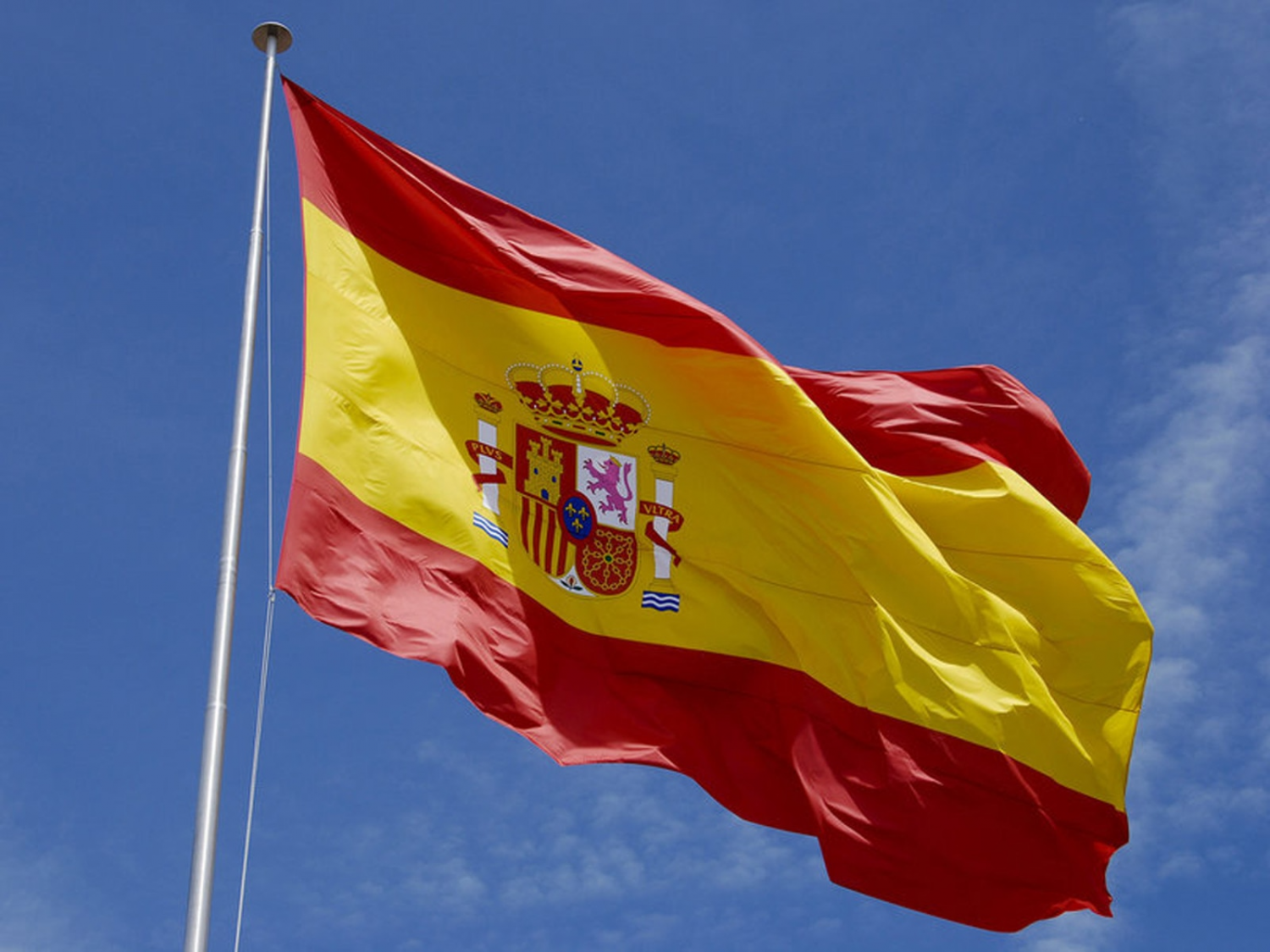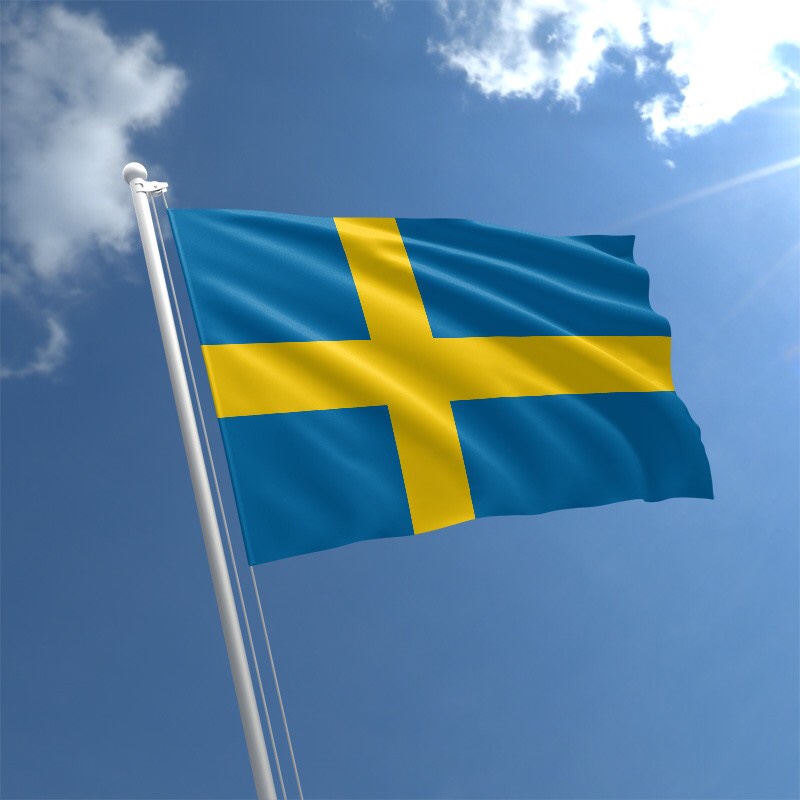A landlocked nation in Central Europe, the country was formerly known as “Bohemia.” Prague, the nation’s capital, continues to draw a sizable number of visitors every year. Who could resist being enthralled by the enormous Prague Castle and the Old Town Square? It also presents itself as the perfect location for expats seeking to begin a new life abroad.

Did you know that a fantastic current expat location is where the word “bohemian” first appeared? The Republic, which has 431,215 expats, was formerly known as Bohemia before becoming Czechoslovakia in 1918.
It is a country with inherent charm because of its stunning architecture and rugged landscape. Foreign nationals are drawn to the stable economy and high income that the country offers, with a GDP that has been growing at an average rate of 6% yearly.
Here is a quick guide that has been developed for anyone moving there or for anyone interested in the limitless prospects that working overseas can provide:
Getting your work permit
Since the country is a member of the EU, EU citizens will undoubtedly have an easier time finding their ideal employment in Prague or Brno. Although you will still have to deal with some bureaucracy (you will require medical insurance, for instance), many businesses can help you move and can also assist you with your insurance and housing needs.
It is therefore strongly advised that your secure employment before moving to the Czech Republic. Some businesses will provide you with free lodging for the first few weeks of your stay, a free phone card, or assistance with organizing your papers so you don’t have to deal with apartment leases and mountains of paperwork.
If you do not hold an EEA citizenship, you must have a current work permit. The place to get this is the Czech Republic’s Labor Office, however, it can be difficult if you don’t already have a job lined up.
Learning Czech? Not impossible!
Today, it’s simple to move abroad and work in any nation using either your native tongue or English. Of course, this is fantastic, but what if you also want to learn Czech and interact more with the community?
You’re in luck since a fast Google search will turn up a ton of locations where you can take nighttime Czech language sessions almost for free.
Moving to the Czech Republic will also teach you one important lesson: most Czechs are more than willing to teach you a word or two in every situation, and eventually, you’ll be able to order your beer. Czech is occasionally regarded as one of the hardest languages to learn, so if you grasp the fundamentals, you’ll be able to dazzle guests at parties!
Additionally, did you know that the word “robot” has Czech roots? It debuted in a well-known play by author Karel Capek in 1920!
Find new friends and get to know other expats
Every year, the Czech Republic, particularly Prague and Brno, become more international. There are several clues, such as the fact that the Czech Republic topped Forbes’ list of the best nations for women to work in, the sheer number of job openings there that can be found on Europe Language Jobs, or even the sheer number of expatriates migrating there each year.
There are several international communities you may join, including Internations, Prague International Network, and a variety of smaller niche groups you can locate on Facebook, Instagram, or Meetup, even if you don’t immediately become fluent in Czech.
Salaries and prices? Different than you think!
When looking for a job in the Czech Republic, you’ll undoubtedly discover that people there don’t utilize the euro right away. Instead, they continue to use the Czech Crown as their official currency, with 1 EUR roughly equaling 25 Czech Crowns. Sounds overly difficult. Well, it’s not that bad; just keep in mind that 100 Czech crowns are about equivalent to 4 Euros.
Lifestyle
In the Czech Republic, businesses frequently provide a “Multisport” card as one of the benefits when you apply for a job. The Multisport card, which enables you to attend more than 2000 sports and relaxation facilities for practically nothing, is the ideal illustration of the way of life in the Czech Republic.
Many Czechs, as well as the majority of the overseas communities, place a significant emphasis on outdoor recreation and sporting events, and a typical “quiet weekend” for a Czech person is likely to contain at least one hike, sporting event, or pleasant excursion. Even sports like climbing, canoeing, and foraging for mushrooms in forests are common pastimes.



